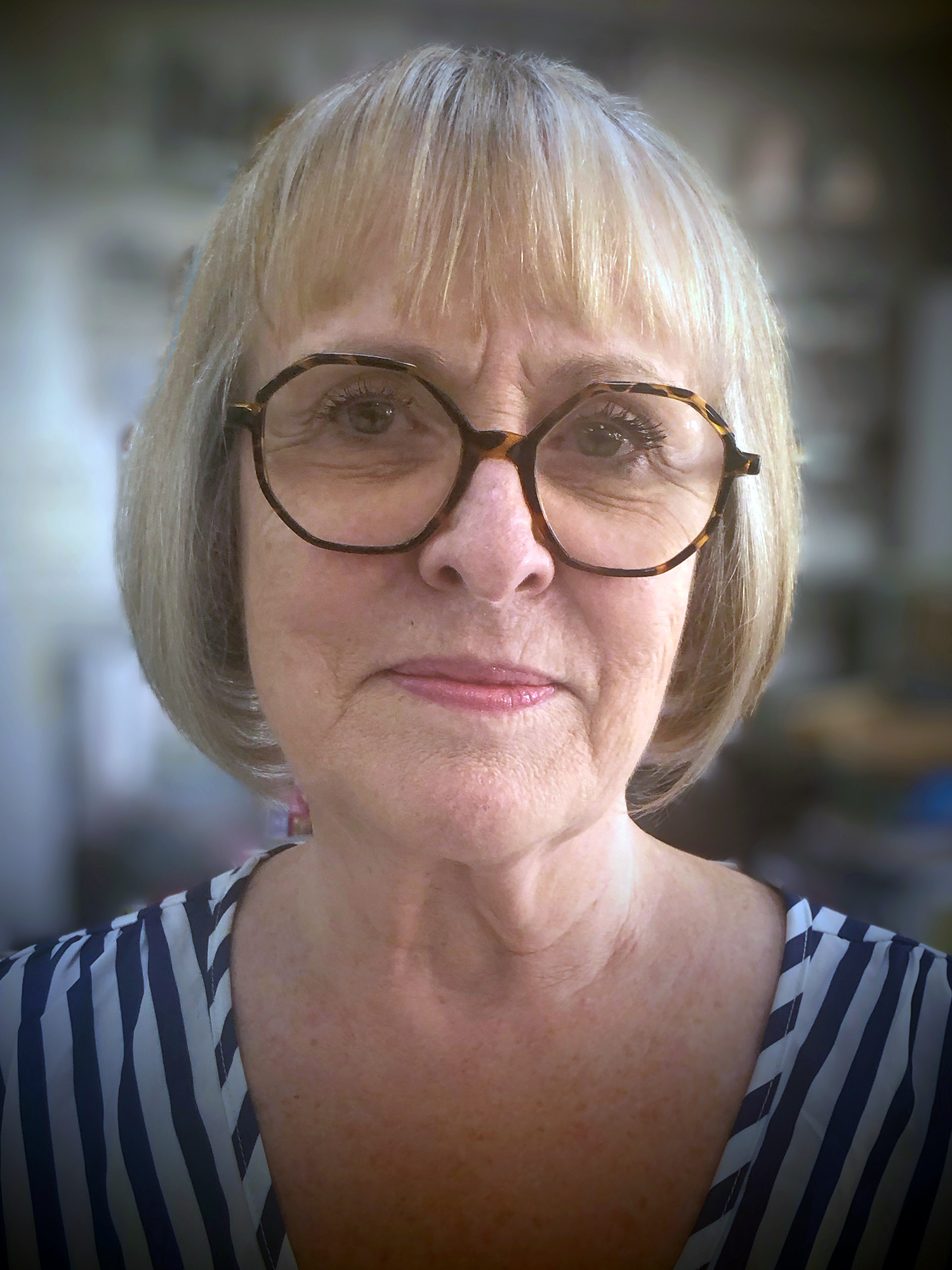PROFESSEURE
AMY LAVIETES

La musique contemporaine l’amène en France. Là, elle se consacre pendant plusieurs années à interpréter des créations dans des lieux tels que Radio France, The American Center ou le Centre Georges Pompidou. Elle continue son travail d’enseignante, et forme déjà nombreux comédiens souhaitant chanter tels que Lambert Wilson, Jean-Pierre Aumont ou Robin Renucci. Amy Lavietes effectue parallèlement la direction musicale et la préparation vocale de nombreux comédiens. Elle a aussi travaillé avec Anne Parillaud pour Nikita de Luc Besson, Cécile Cassel et Nicole Kalfon pour les auditions de Cabaret de Sam Mendes, ainsi que Juliette Binoche, Sabine Azema et Guesch Patti pour des auditions de Nine de Rob Marshall. Elle a chanté pour l’émission de télévision Musique au Cœur d’Eve Ruggieri et participé en tant que comédienne au film La Discrète de Christian Vincent et chanteuse pour Ma Petite Mimi de Roger Kahane.
Depuis 1985 elle dirige VOICES, consacré au spectacle de théâtre musical opéra, opérette, comédie musicale. Elle est également enseignante au sein de l’association ActeVoix et continue à se produire sur scène régulièrement.
CONTACTER AMY
+33 (0)6 77 10 60 27
https://www.facebook.com/amy.lavietes
https://www.linkedin.com/in/lavietes-amy-35576452/
Répertoires d'étude
-
Théâtre musical contemporain
-
Théâtre musical Golden Age
-
Disney
-
Opéra italien, français, allemand, anglais du baroque au contemporain
-
Mélodies françaises, lieder allemand, mélodies anglo-saxon, italien
-
Opérette française et anglaise
-
Jazz classique
-
Variété anglo-saxonne
Le Projet Pédagogique d'Amy
There are few things in life more intimate than singing.
"Those things are generally not shared with an audience. A singer must have the courage to share both the physical and emotional intimacy demanded. They must also have the courage to contact a voice teacher, to come to the first lesson and to sing the first note in front of a stranger. For those who have this courage, there is a strong inner desire to sing. I have a great deal of respect for these students. As a teacher, the challenge is to understand how to approach each singer in a personal and unique way. As a teacher I must try to understand the creative desire the singer has, the nature of his/her instrument and the tools he/she needs to develop and improve their singing.
Many singers do not have the musical training they need to become autonomous artists. I strive to help them become capable of using a music score, of warming up their voices in an efficient manner, of preparing auditions, of learning a role…
I often use the comparison of singing to performing an arabesque in dance. It is all about balance. A singer must find the balance between technique and expression, between relaxation and energy, between upper resonators and release of the diaphragm, between letting the voice fly and anchoring the body, between personal expression and respect of the musical score, between intellect and instinct.
My role as a teacher is to give singers the tools necessary to find their own personal arabesque."
"The only thing better than singing is more singing."
